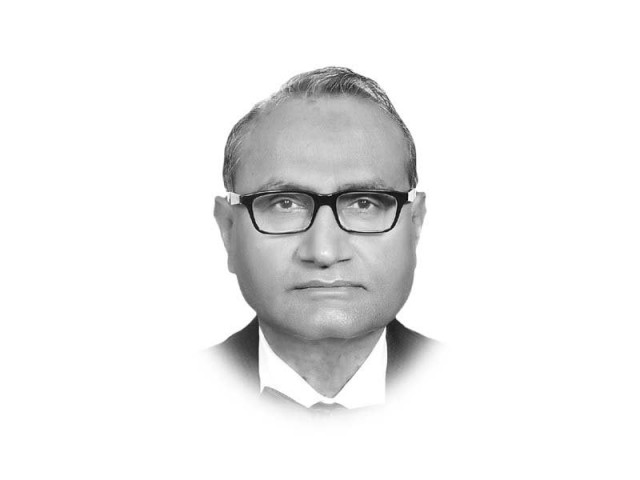An adviser and a minister of state
Syed Shahid Husain was imported directly from the World Bank and was made adviser on finance

pervez.tahir@tribune.com.pk
While military regimes and caretaker governments rely on technocrats as ministers or advisers on finance by their very nature, the combination during elected governments does not work well. The political class works better with one of their own, as political economy considerations are not fully appreciated by non-political or unelected technocrats. Fulfilling the aspirations of their constituents to get re-elected is the main agenda of the elected members of Parliament, while a technocrat adviser is supposed to work out policy alternatives, ensure economic discipline and efficient use of resources. If our finance secretaries are professionally qualified and trained, and not the generalist bureaucrats who pick up donors-speak on the job, they will do a better job than a politically-appointed technocrat adviser working in parallel with an elected minister. At the time of appointment of Hafiz Pasha, Qaiser Bengali, then at Islamabad’s Sustainable Development Policy Institute, remarked: ‘’It’s not the job of a technocrat. They lack vision. It is a politician’s job.’’ In addition, a technocrat lacks the skill to negotiate his way through contending political interests, ensure timely legislation and sell government policies to the public at large.
Besides the typical lineage of advisers, good foreign education and experience of working for a donor agency, Miftah Ismail has local business background. He also has the advantage of being associated with the PML-N for the past decade or so, but he hasn’t had the taste of electoral politics. That is where his naivety lies. Just look at his overoptimistic agenda for a short tenure. He recognises fiscal and current deficits as major challenges. To meet the fiscal challenge, he wants to broaden the tax base, reduce personal income tax rates, reform corporate taxes to make them investment-friendly, implement offshore tax amnesty scheme, guarantee payment of tax refunds and declare non-filers criminals. He said nothing specific about the other deficit. In contrast, his political minder, the astute Rana Muhammad Afzal, minister of state for finance with experience as parliamentary secretary for key economic divisions, made no such statement. Miftah mentioned political consensus, but it is a no-go in the present polarised state. The two should rather act as effective caretakers to demonstrate the dispensability of caretaker governments.
Published in The Express Tribune, December 29th, 2017.
Like Opinion & Editorial on Facebook, follow @ETOpEd on Twitter to receive all updates on all our daily pieces.












1724319076-0/Untitled-design-(5)1724319076-0-208x130.webp)


COMMENTS
Comments are moderated and generally will be posted if they are on-topic and not abusive.
For more information, please see our Comments FAQ